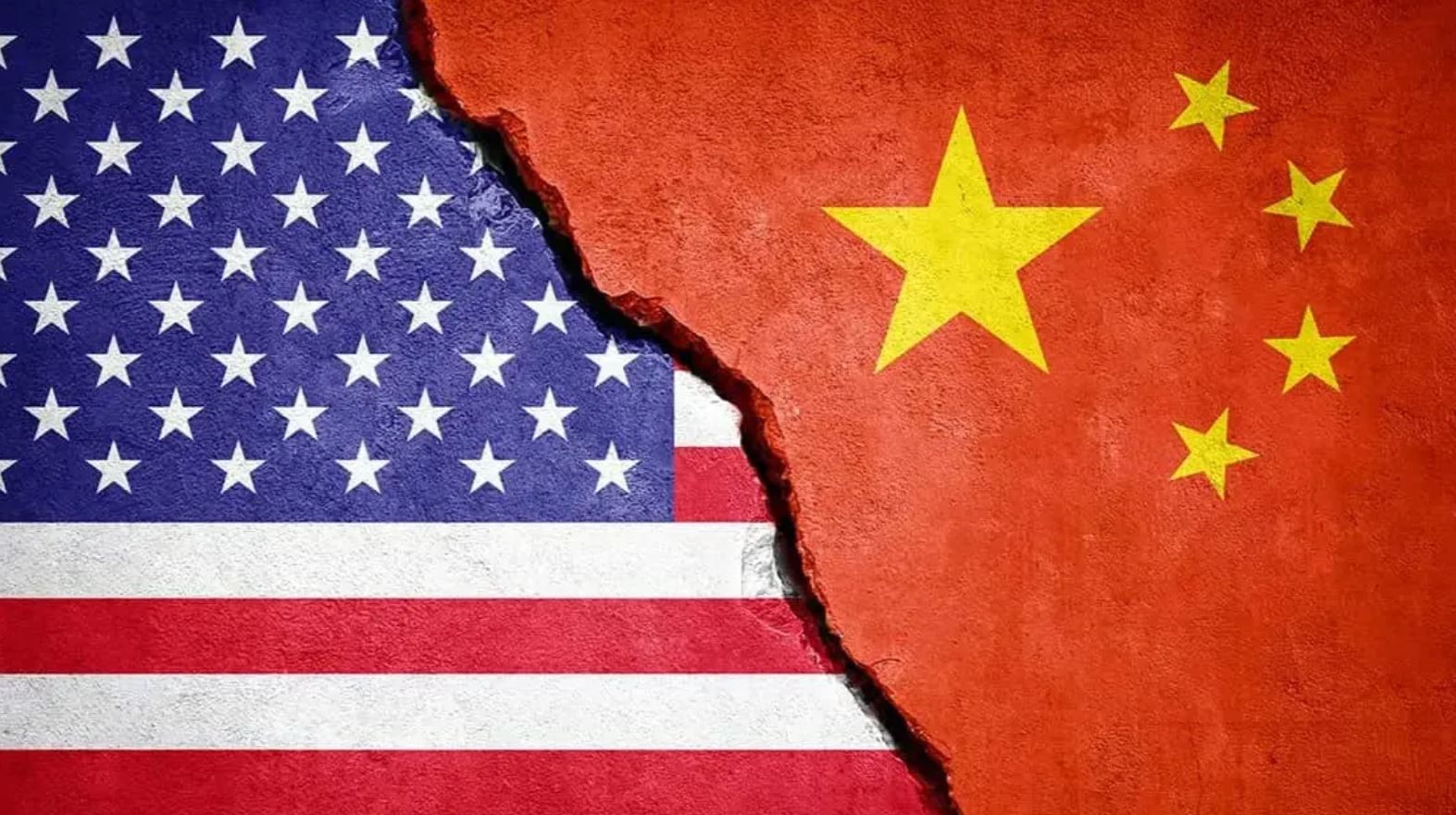 China is steadily evolving its approach to artificial intelligence. While U.S. chip technology still holds a clear advantage, experts now point to China’s impressive progress in AI algorithms as a serious competitive force. Computer scientist Harry Shum, who brings decades of experience to the conversation, has recently shed light on this dynamic shift.
China is steadily evolving its approach to artificial intelligence. While U.S. chip technology still holds a clear advantage, experts now point to China’s impressive progress in AI algorithms as a serious competitive force. Computer scientist Harry Shum, who brings decades of experience to the conversation, has recently shed light on this dynamic shift.
Speaking at a summit hosted by the University of Hong Kong Business School, Shum—also council chairman at the Hong Kong University of Science and Technology—outlined what he believes are the three key areas driving the AI race: chips, algorithms, and applications. Although he acknowledged that American chip technology remains ahead, his focus on advancing algorithm engineering struck a confident and pragmatic tone.
In his remarks, Shum, formerly Microsoft’s head of AI and research, underscored that China is not far behind on the algorithm front. He pointed to DeepSeek, a start-up based in Hangzhou, as a prime example. DeepSeek recently garnered international attention by unveiling two large language models that stand shoulder to shoulder with those from established Western companies. The start-up’s clever use of around 10,000 AI chips—significantly fewer than the hundreds of thousands employed by giants like OpenAI and Google—highlights a resourceful and efficient approach.
This development offers a fresh perspective on global AI competition. For anyone who’s ever grappled with the complexities of technology transfer and rapid innovation, the progress made in algorithm engineering is encouraging. It suggests that while catching up with U.S. chip technology may take time, focusing on algorithms could yield practical and competitive breakthroughs in the near term.








